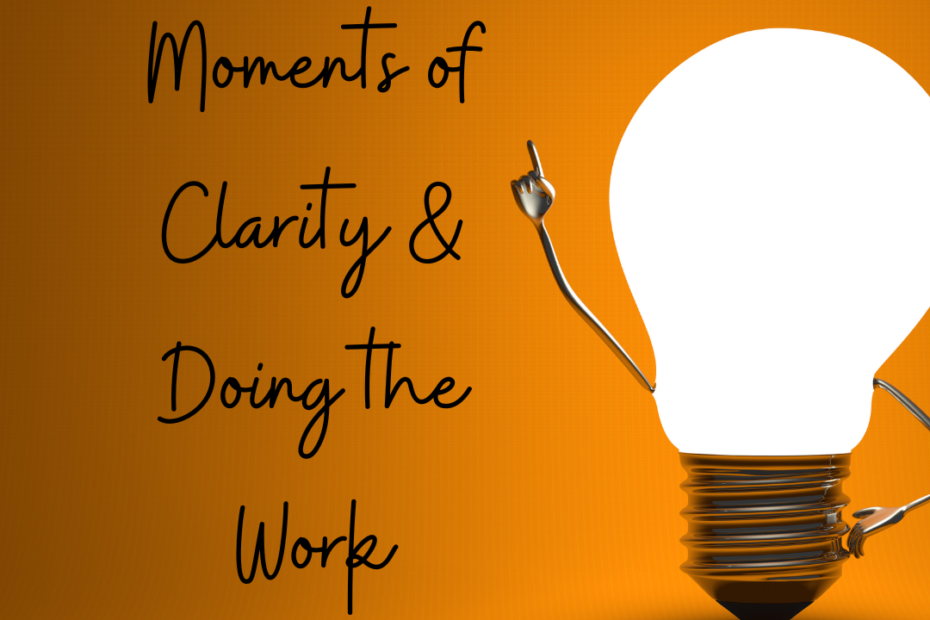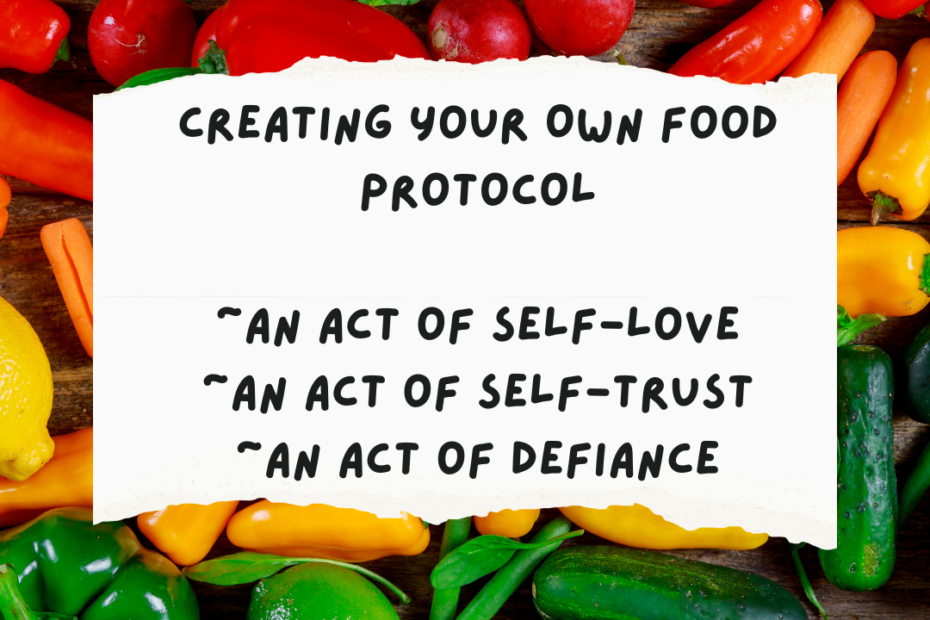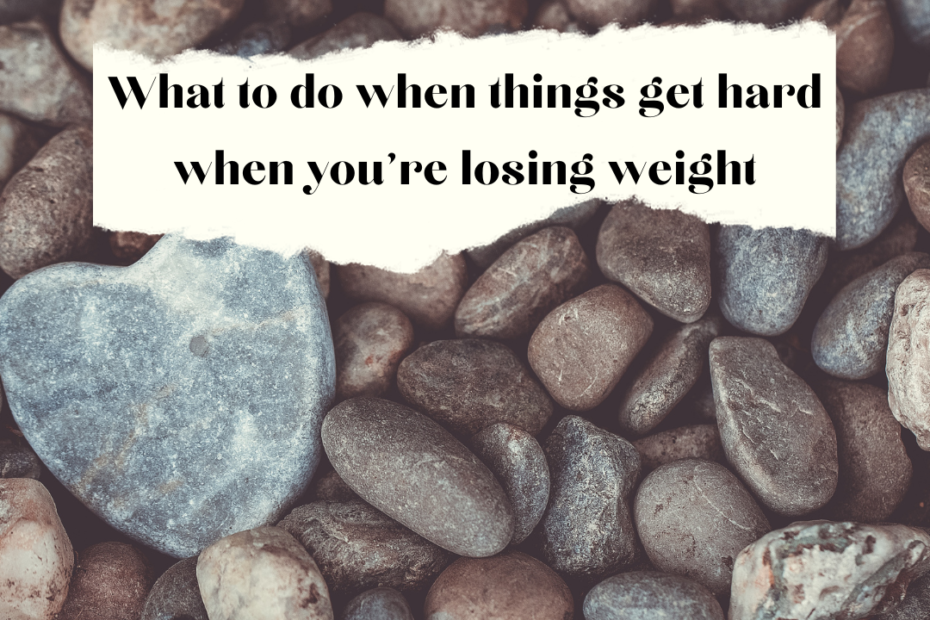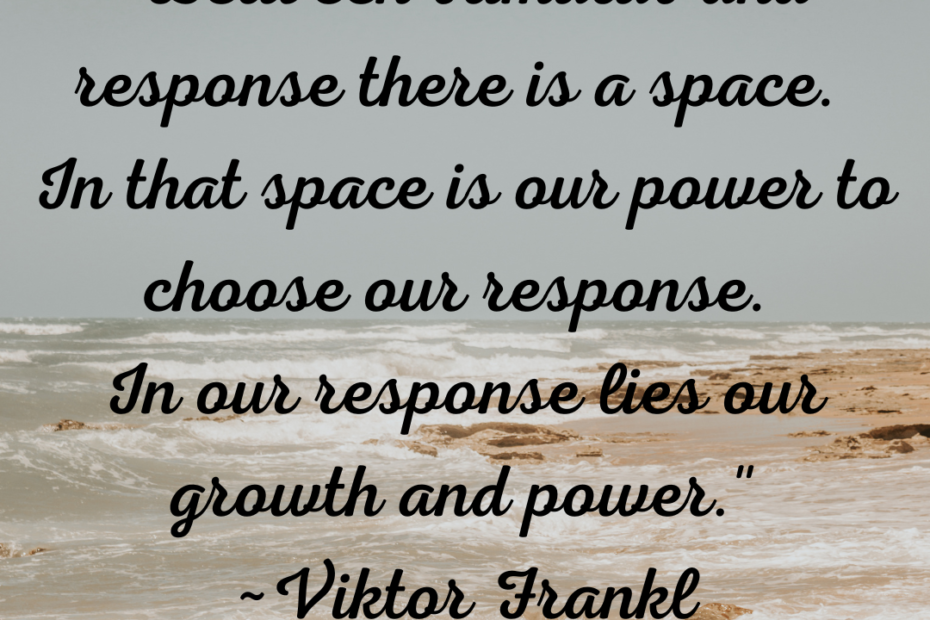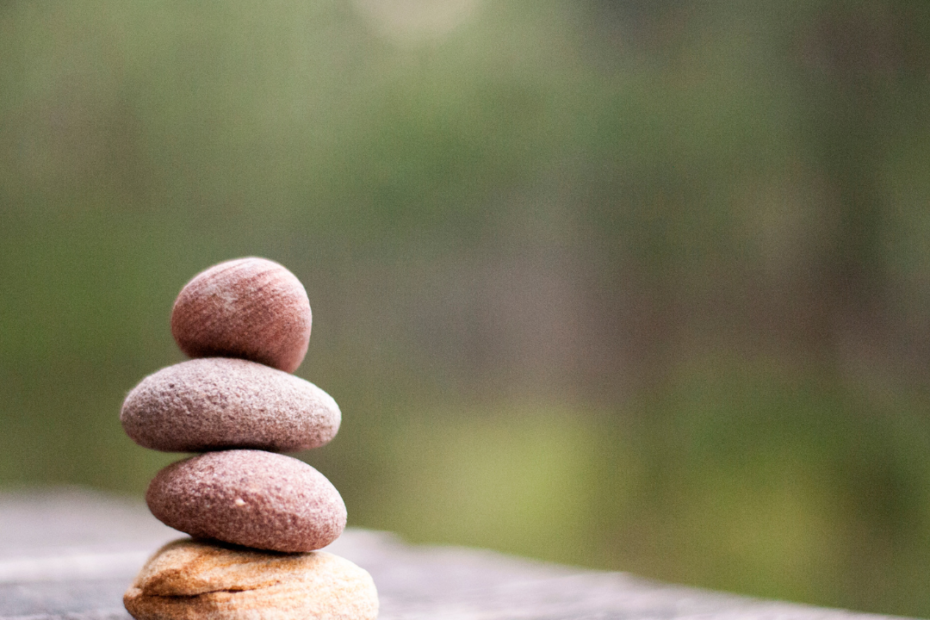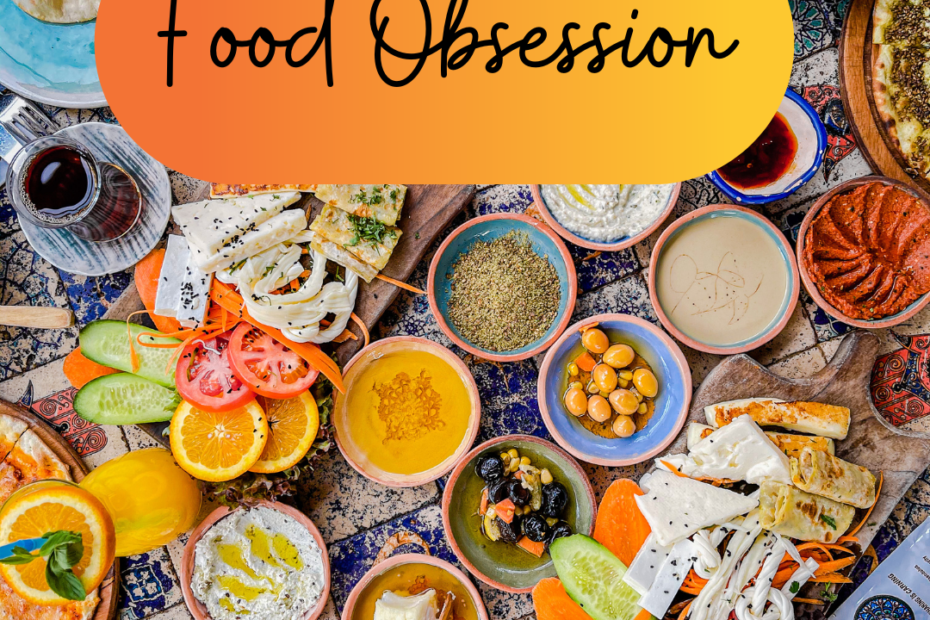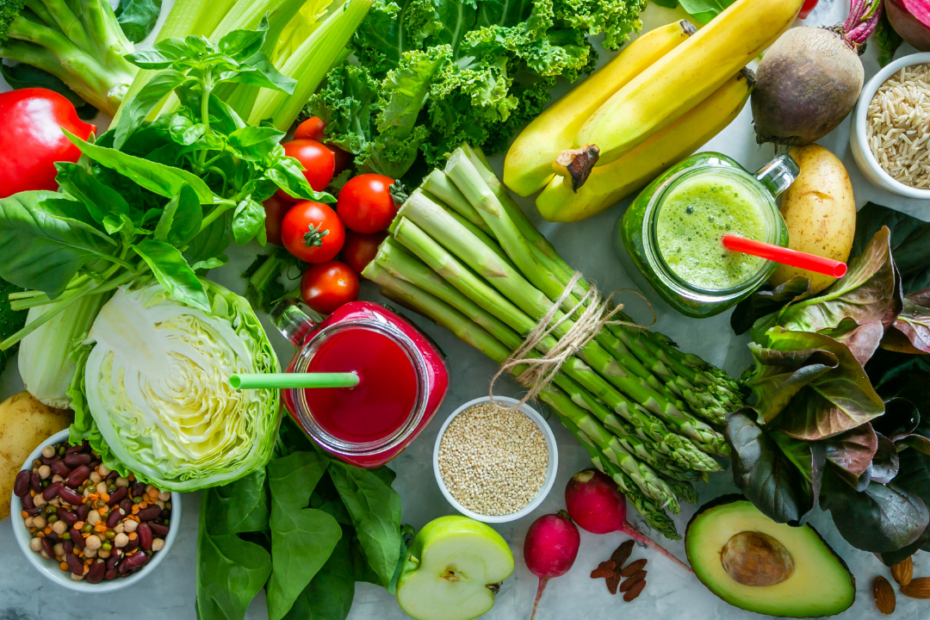Moments of Clarity & Doing the Work
I was always waiting for a moment of clarity – an Aha! – in which everything would become clear to me. I would know the path forward to overcome food obsession, overeating, bingeing, purging.
In that moment, I would know what I needed to do. I would know what life would look like moving forward. It would be inspiring. Motivating. (Interesting to note that none of my visions of the future included struggle. Somehow, I would one day wake up as a super human being and nothing would be hard.) I had a vision of what recovery was supposed to be like, what change was supposed to be like, but the plan for getting there was always hazy. I had a sense that I could achieve it, but not concrete steps to take.
